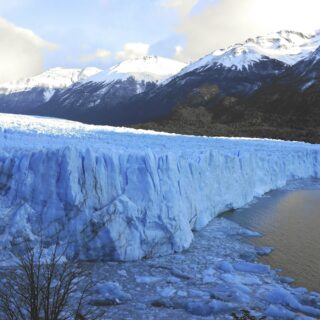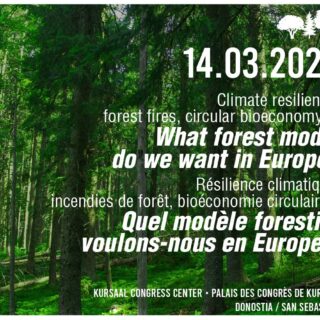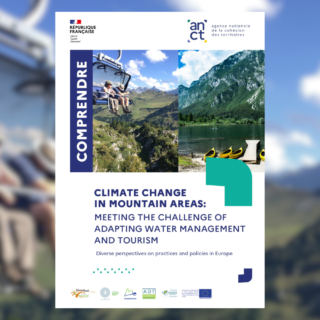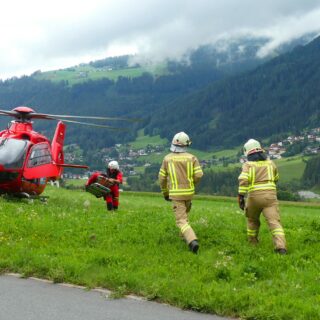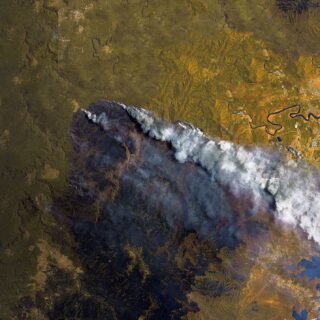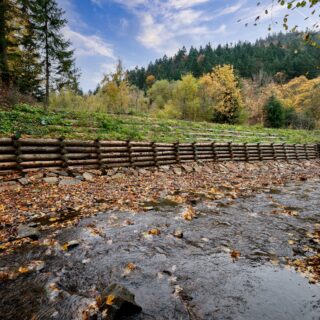In December 2022, the United Nations adopted a resolution declaring 2025 the International Year of Glacier Conservation, an important step in recognising the urgency to preserve these cornerstone of life on Earth.
Climate change
Climate change risks in the mountains: key messages from the latest EEA report
The European Environment Agency (EEA) has recently published its first European Climate Risk Assessment report, which identifies, analyses and assesses the main threats posed to Europe by climate change and sets out priorities for policy action.
What forest model do we want in Europe?
Jointly organised by our member HAZI - Basque Government and USSE, this conference will look at forestry models in Europe, examining their climate resilience, their adaptation to fires and the possibilities for a circular bioeconomy.
Climate change adaptation in mountain areas: new Euromontana study out!
Euromontana, together with Eureka 21 and ADTconsult, has carried out for the French National Agency for Territorial Cohesion (Agence Nationale de la Cohésion des Territoires) the study “Climate change in mountain areas: meeting the challenge of adapting water management and tourism.
Climate change in mountain areas: meeting the challenge of adapting water management and tourism
This study focuses on the challenges of adaptation in water and tourism management in mountain areas. It analyses the policies and practices implemented in 5 European mountain countries
2022 is the second worst year for forest fires, says new report
Nearly 900,000 hectares of land burnt in 2022, according to the recent Joint Research Centre report on Forest Fires in Europe, Middle East and North Africa 2022, a significant increase compared to 2021.
MountResilience
MountResilience aims to support mountain regions and communities in their transition towards a climate-resilient society.
FIRE-RES
FIRE-RES aims to increase the resilience of European landscapes in the face of extreme wildfire events, which have increased in frequency and intensity in a context of climate change.
Forests and the water cycle: adapting Poland’s mountain forests to climate change
Polish State Forests have been active in adapting to climate change by maintaining and strengthening the water storage capacity of mountain forests using Cohesion Policy funds.
Latest news
- Rethinking rural prosperity: Euromontana contributes to new ESPON publication on “Thriving beyond numbers”
- Euromontana supports a new European manifesto for the governance of glaciers and connected resources
- The Autonomous Province of Trento joins Euromontana !
- New 2013–2023 study highlights the twin challenges of generational renewal and climate change in the Alps
- Third Forum with European pastoral schools: Shepherding Futures
